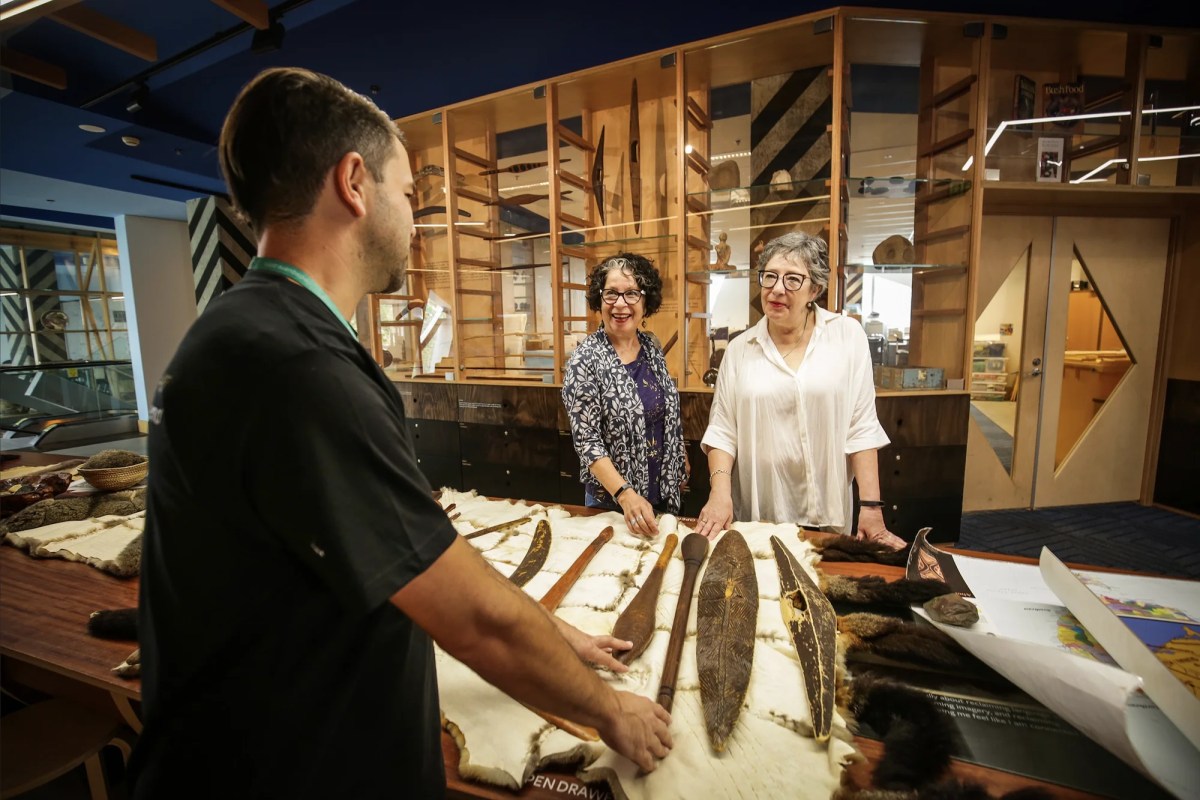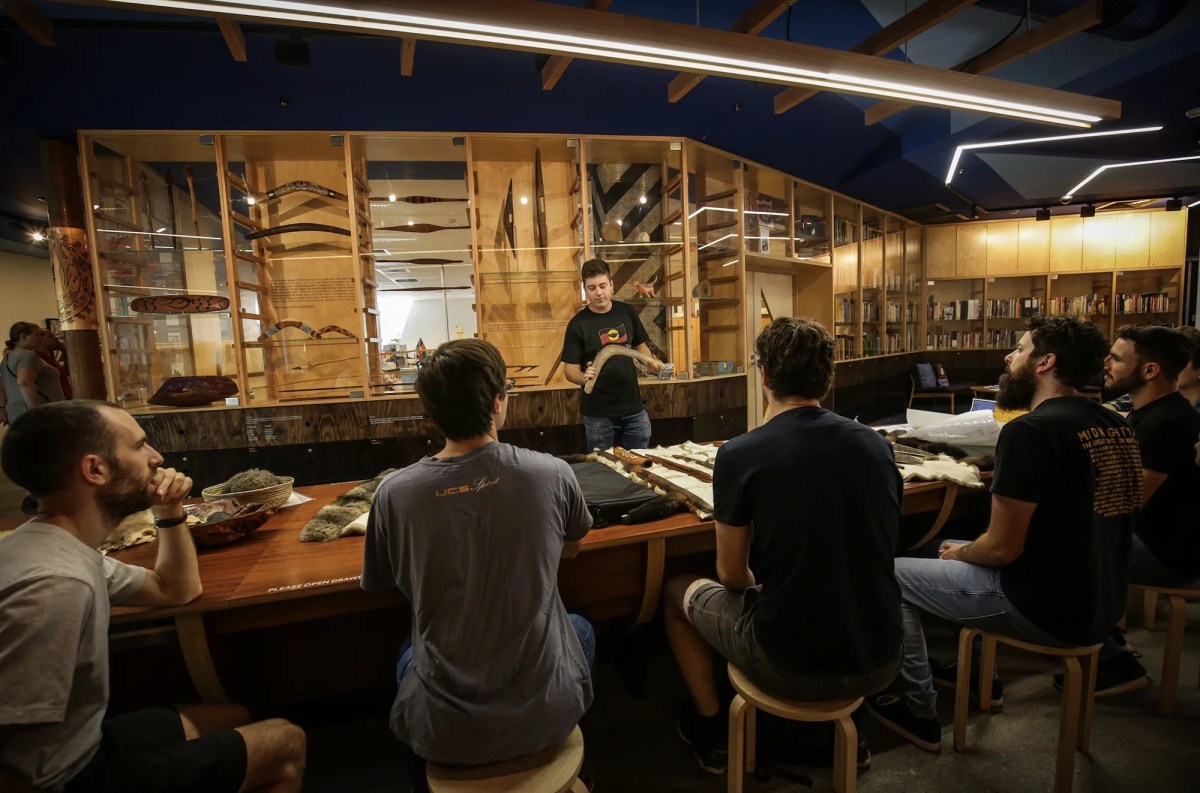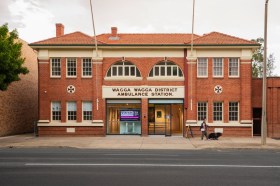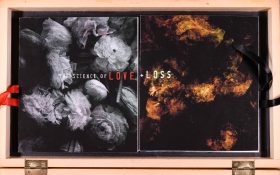“The nature of Aboriginal communities is that they are much more diverse than what a lot of people realise. So, understanding that you’re not always going to get it right, that’s OK,” says Rob Hyatt, Manager, Cultural Experiences at Koorie Heritage Trust (KHT).
“But, more importantly, is that are you prepared to try again,” he adds.
The Victoria-based organisation runs regular Aboriginal Cultural Competency workshops at its Melbourne CBD headquarters, all year round. The workshops are designed to build understanding and respectful relationships with First Peoples, both in the workplace and in community.
All workshops are run by First Peoples facilitators, and are tailored to be hands-on learning sessions, moving beyond theory to ensure that you gain practical skills for real-world applications, whether it be to arm you for better community engagement or policy development, employment and project situations, and other daily encounters.
“The main point for us, in the way we like to deliver our workshops, is that all participants get a chance to ask questions and feel safe to do so,” Hyatt explains.
“Quite often, in discussions, people worry whether they are going to muck this up. They carry that fear, and it almost limits the potential for conversation. But with that little bit of knowledge, and then adding value and respect, it allows you simply to be able to sit down and communicate effectively, without those concerns hanging around,” says Hyatt.
In this story
What is cultural competency versus cultural safety?

“Cultural competency stems from cultural awareness,” says Hyatt. “For many years, we’ve run a lot of cultural awareness programs, providing people with education about Aboriginal people and how community works and, in particular, about our diversity of nations and Country.
“But we find that we get to a point where people will question, ‘That’s great, and thank you for the information, but how do we use it?’ So, we provide that guidance, which really is cultural competency,” explains Hyatt.
He adds that often people “fall into the trap of the one-size-fits-all, and go into the conversation with the idea that, ‘I think I already know what you need.’ But actually, no. You need to check in and ask each time.”
This is where cultural safety comes in.
“We also deliver cultural safety workshops, which are more about putting those learnings around awareness into practice, and creating safe spaces. In those workshops, there’s a bit of self-exploring, and we start to talk a bit more about the potential for bias and unconscious bias, which are the barriers to achieving cultural safety,” explains Hyatt.
“You can’t necessarily have value and respect without knowledge of that person, or people. So, if we can build people’s knowledge to a certain extent – even just being comfortable to come together, and have those conversations – then I think these workshops become really important,” he adds.
Does cultural competency have anything to do with a Reconciliation Action Plan?
Many organisations today are creating a Reconciliation Action Plan (RAP) – a statement of goals and actions for a more inclusive and respectful workplace for First Peoples.
Hyatt tells ArtsHub that while the KHT’s workshops are a natural pathway to RAP planning, they are not reliant on that goal, and are open to anyone.
“We welcome a lot of organisations that may never have an Action Plan,” says Hyatt. “It may simply be that your organisational goals say that you want to work respectfully and be supportive of Aboriginal peoples and First Nations.”
“Then, for a number of our clients, who already have their RAP in place, an obligation identified may be education and training, so we’ll often come in at that stage and deliver that.”
How can I book an Aboriginal Cultural Competency Workshop?
KHT offers a Full-Day and Half-Day Program, both requiring a three- to four-week advance booking.
The Full-Day is designed for workplaces with employees who may not have had any previous training or experience with Aboriginal people, but who want to have better understanding and engagement. The Half-Day Program offers a condensed version.
Training is conducted on-site at KHT, offering immersion in a culturally rich environment. Training can also be undertaken online or at your workplace.
Koorie Heritage Trust is located in the the Birrarung Building at Federation Square, Melbourne. To learn more about KHT’s workshop offerings.





